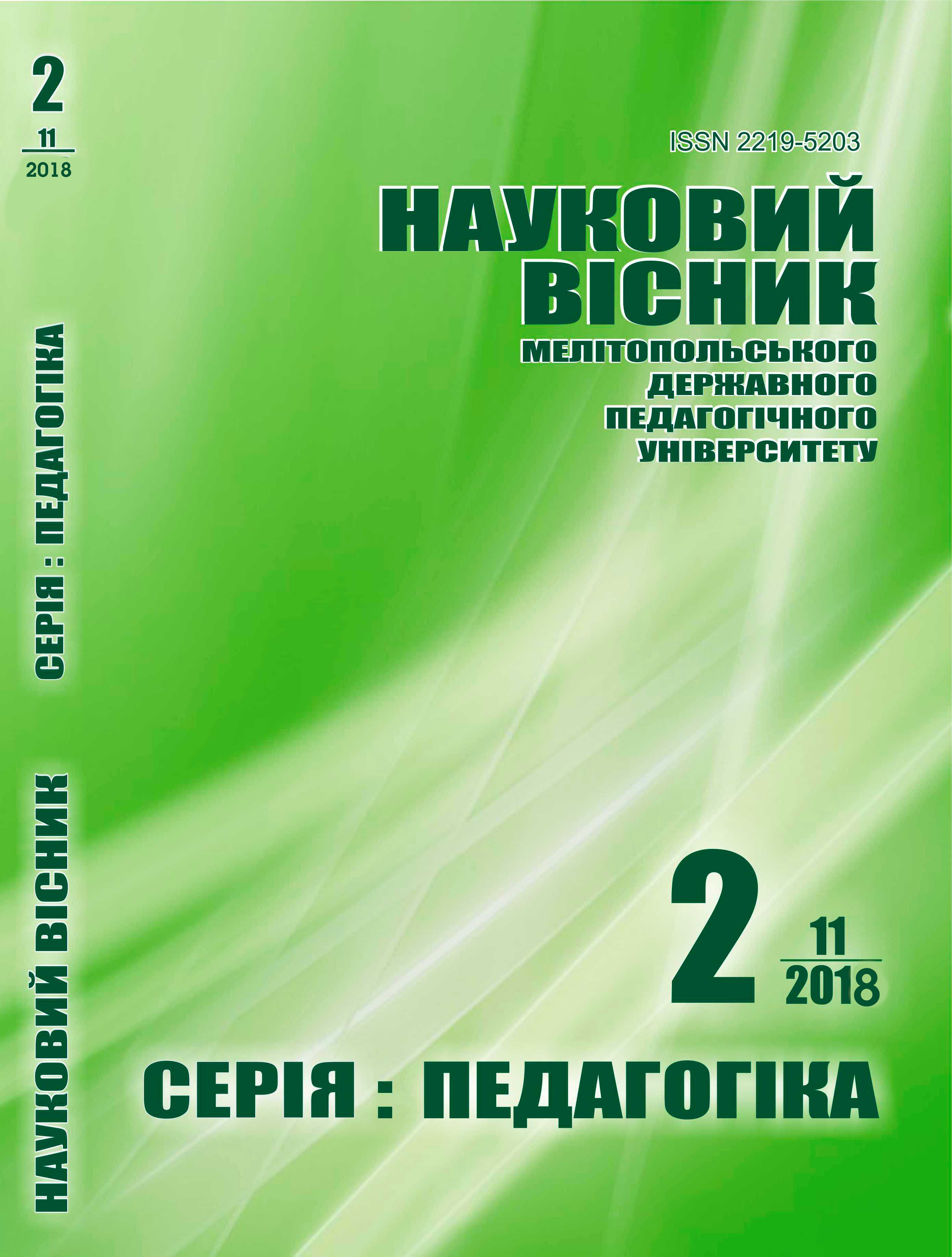PHONETIC COMPETENCE OF FUTURE INTERPRETERS: FEATURES OF FORMATION
Abstract
The article considers teaching
translation in the light of the
competence approach. The
concept of «professional
translation competence»,
including its socio-cultural and
linguistic components, is
defined. The necessity to form
phonetic competence of future
interpreters is proved.
Difficulties of formation of the
specified competence, in
particular the interference of the
native language, are found out.
The differences between native
and foreign languages at all
levels of phonological system,
namely at the level of sound,
accent and intonation are
characterized. The ways of
overcoming the interference of
the native language are
proposed.
Downloads
Download data is not yet available.




